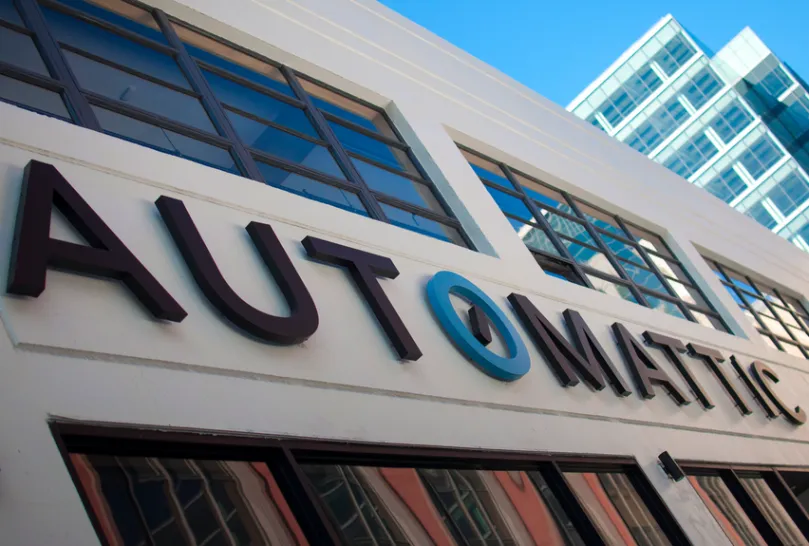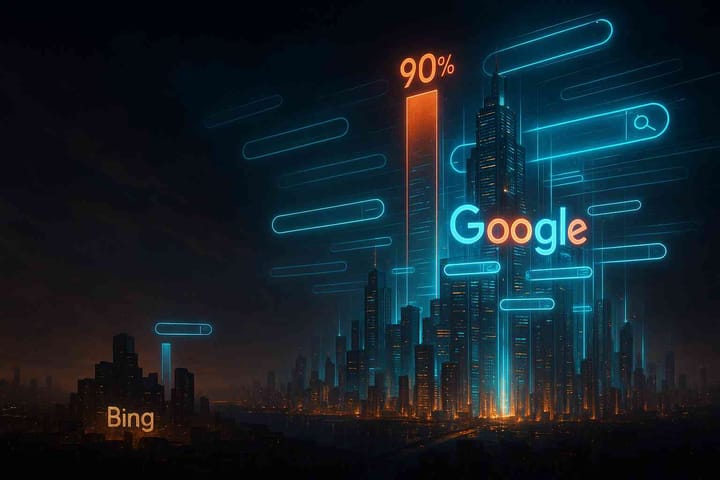WordPress Resumes Innovation: Can It Catch Up?
WordPress resumes development after a long pause. Can WordPress compete with CMS rivals and overcome innovation challenges?

After a four-month pause in core development, Automattic has officially resumed innovation for WordPress. This move comes amid growing industry pressures and the dominance of competitors such as Wix, Squarespace, and popular page builders like Divi and Elementor. Automattic’s decision highlights the urgent need for continuous innovation if WordPress is to remain relevant in an increasingly competitive digital landscape.
Pause in Development and Its Impact
Earlier this year, Automattic the company behind WordPress shocked the community by temporarily halting its contributions to the core WordPress project and Gutenberg. The main reason was an ongoing lawsuit from WP Engine against Automattic and Matt Mullenweg. During this hiatus, Automattic used the time to rethink its strategy and gain deeper insight into the needs of WordPress users worldwide.
The lawsuit sparked speculation about WordPress’s future. However, Automattic emphasized that development would resume once they felt ready. Now, WordPress is moving forward, determined to face the future.
Tight Competition in the CMS Industry
WordPress’s innovation lag is increasingly evident as competitors surge ahead. Wix, Squarespace, and Elementor have delivered far more intuitive and modern user experiences. Meanwhile, over 10 million Classic Editor plugin installations prove that many users still prefer the simplicity and familiarity of the old WordPress interface.
Even after securing a substantial $300 million investment from Salesforce Ventures in 2019, the pace of core WordPress and Gutenberg innovation has been viewed as stagnant. Other Automattic products like WooCommerce and Jetpack have seen more frequent updates, but WordPress itself still struggles to keep pace with the rapidly evolving market.
New Strategies and the AI Team
In response to this lag, Automattic has established a dedicated AI team for core WordPress development. This team is expected to follow in the footsteps of the previous performance team and help WordPress adapt more quickly to emerging technologies. However, this move is considered late, as competitors have already integrated AI features into their platforms.
At WordCamp Asia 2025, Matt Mullenweg admitted that WordPress lacks a fixed long-term roadmap. He prefers a flexible strategy, hoping to adapt to the ever-changing tech landscape. While this approach provides flexibility, it also raises questions: can WordPress reclaim its position as the CMS of choice amid relentless innovation from its rivals?
Challenges Ahead
The biggest challenge for WordPress is to address user demands for a more instant, easy, and modern website-building experience, powered by features like AI. Additionally, WordPress must retain its developer community, which has long been its biggest strength.
Many new platforms now offer a level of simplicity and speed that WordPress still struggles to match. If innovation does not accelerate, WordPress risks losing even more ground especially among beginners and small business owners seeking instant solutions.
Automattic’s decision to resume WordPress development is a critical move in an increasingly crowded CMS industry. Although late, the effort to catch up must be supported. WordPress’s future depends on its ability to innovate consistently and respond swiftly to user needs.
If WordPress succeeds in delivering a more intuitive, fast, and modern experience powered by the latest technology, it could still maintain its CMS crown. But if it remains stagnant, history may see WordPress as a “giant of the past” left behind by progress.





Comments ()